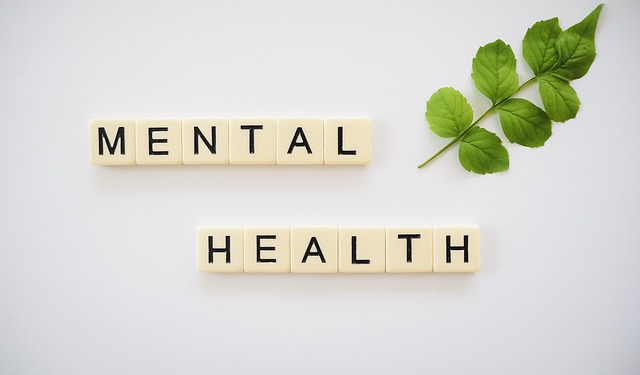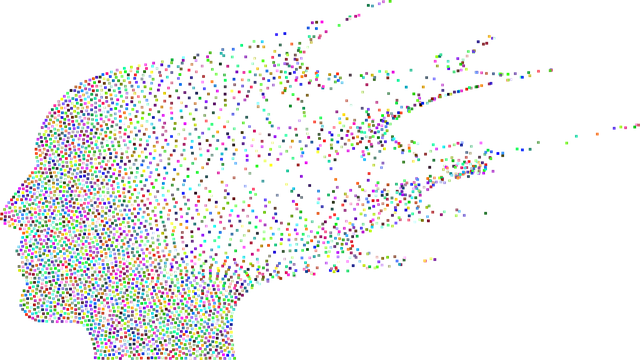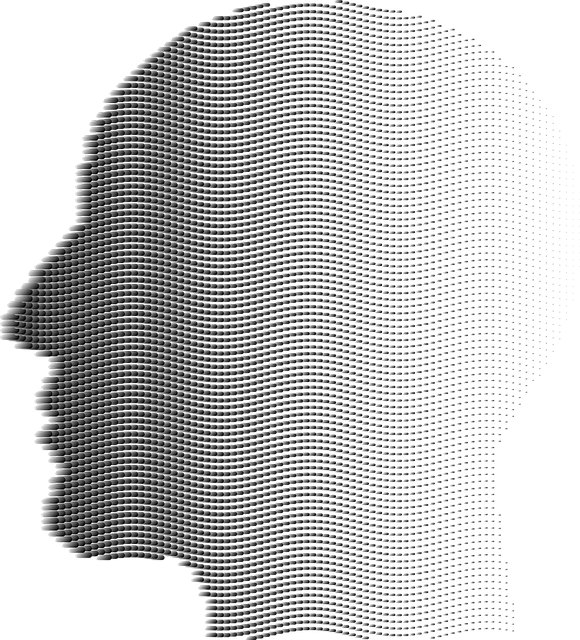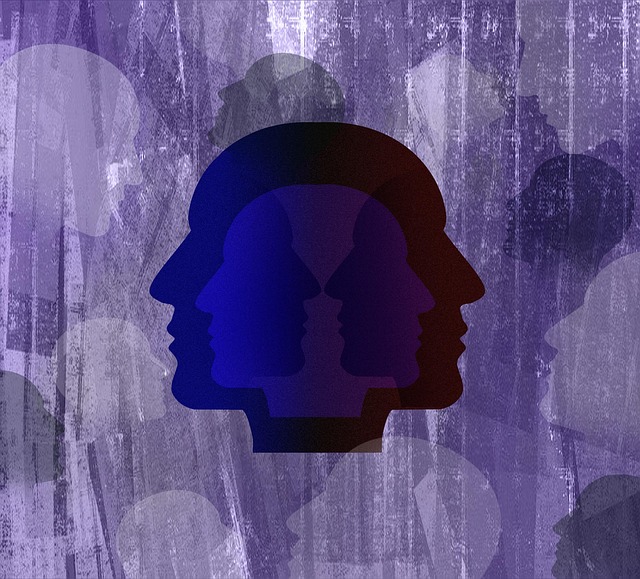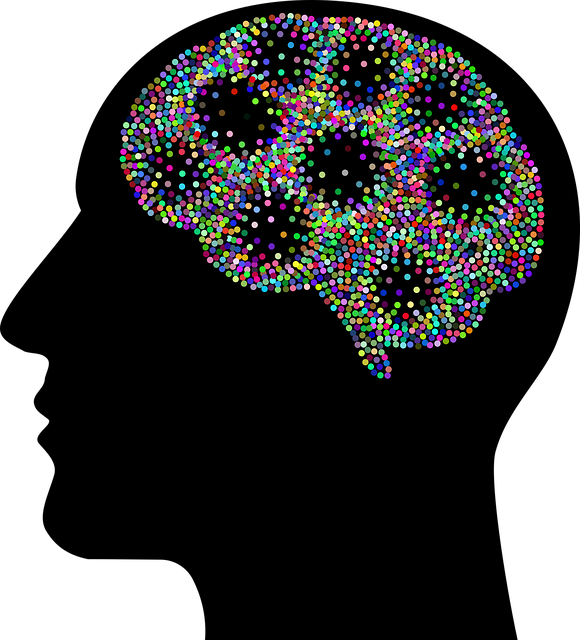Cultural diversity significantly influences mental health experiences, requiring Northglenn Phobias Therapy to understand unique cultural contexts for effective therapy. Recognizing cultural differences helps create inclusive environments and tailor interventions. Public awareness campaigns destigmatize mental health issues, while crisis intervention guidance considers cultural nuances. Therapeutic practices sensitive to cultural diversity empower individuals from all backgrounds to navigate their mental health journeys with resilience. Mastering active listening and adaptive communication overcomes cross-cultural communication challenges. Strategies like coping skills development, self-awareness exercises, compassion cultivation, rituals, mindfulness meditation, and risk management planning enhance cultural sensitivity for successful phobia management outcomes.
In today’s diverse society, cultural sensitivity is paramount in mental healthcare. Understanding cultural diversity shapes effective treatment, as mental health issues are influenced by socioeconomic factors and cultural beliefs. This article explores the impact of culture on mental wellness, delves into communication challenges for providers, and offers strategies to enhance cultural awareness. We highlight Northglenn Phobias Therapy as a case study, demonstrating how incorporating cultural sensitivity leads to more successful outcomes, particularly in treating diverse clientele.
- Understanding Cultural Diversity and Its Impact on Mental Health
- Challenges in Cross-Cultural Communication for Mental Healthcare Providers
- Strategies to Enhance Cultural Sensitivity in Therapy Sessions
- Northglenn Phobias Therapy: Incorporating Cultural Awareness for Effective Treatment
Understanding Cultural Diversity and Its Impact on Mental Health

Cultural diversity is a rich fabric that greatly influences mental health experiences across communities. In Northglenn, for instance, understanding the unique cultural contexts and traditions of diverse populations is essential in providing effective therapy services, such as phobias treatment. Each cultural group carries its own set of beliefs, values, and practices that can shape perceptions of mental illness and influence help-seeking behaviors. For example, some communities may view mental health issues through a lens of spiritual or familial dynamics, while others might prioritize collective support systems over individual therapy.
By recognizing and respecting these differences, mental healthcare practitioners can create inclusive environments and tailor interventions accordingly. Public awareness campaigns focused on destigmatizing mental health issues play a vital role in encouraging diverse communities to access services. Crisis intervention guidance that considers cultural nuances ensures effective support during acute situations. Moreover, fostering positive thinking through therapeutic practices sensitive to cultural diversity empowers individuals from all backgrounds to navigate their mental health journeys with resilience and dignity.
Challenges in Cross-Cultural Communication for Mental Healthcare Providers

Cultural sensitivity is a cornerstone of effective mental healthcare, yet cross-cultural communication presents unique challenges for providers. In Northglenn Phobias Therapy and other diverse practices, understanding cultural nuances is vital to building trust and ensuring accurate diagnoses. Different cultures may express emotions and describe symptoms distinctively, impacting the therapeutic process. For instance, some individuals from specific backgrounds might internalize their struggles, while others openly share them, influencing the way providers assess and treat mental health issues.
These variations can complicate the already delicate task of evaluating psychological conditions, especially when dealing with cultural barriers to care. Mental healthcare providers must be adept at active listening and adaptive communication to overcome these challenges. Incorporating practices like mindfulness meditation and emotional regulation techniques, as well as learning about stress management strategies from diverse cultures, can enhance patient-provider relationships and improve outcomes for all individuals seeking therapy, regardless of their cultural background.
Strategies to Enhance Cultural Sensitivity in Therapy Sessions

In enhancing cultural sensitivity in therapy sessions, therapists in Northglenn Phobias Therapy can employ several effective strategies. One key approach is Coping Skills Development. By teaching clients adaptive coping mechanisms that are culturally relevant and acceptable, therapists bridge any gaps between traditional therapeutic practices and the client’s background, fostering a deeper connection and more productive treatment.
Additionally, integrating Self-Awareness Exercises and Compassion Cultivation Practices can significantly enrich these interactions. Encouraging introspection around cultural beliefs and values helps clients understand their unique perspectives, while cultivating compassion promotes empathy and strengthens the therapeutic bond. These practices not only enhance cultural sensitivity but also empower clients to navigate challenges with greater self-acceptance and understanding of others.
Northglenn Phobias Therapy: Incorporating Cultural Awareness for Effective Treatment

In Northglenn Phobias Therapy, cultural awareness plays a pivotal role in effective treatment. Understanding and incorporating cultural nuances ensures that therapy sessions are inclusive and tailored to meet the unique needs of each client. Mental healthcare professionals must be mindful of the diverse backgrounds their patients come from, as cultural beliefs can significantly influence how individuals perceive and express fear or anxiety. For instance, some cultures may have specific rituals or practices for addressing phobias, and therapists who integrate these into treatment can foster a deeper connection and faster progress.
By integrating mindfulness meditation techniques, Northglenn Phobias Therapy can help clients manage anxiety relief during challenging moments while exploring the root causes of their phobias. Risk Management Planning for Mental Health Professionals is also crucial in ensuring that cultural sensitivity is prioritized, allowing therapists to adapt their approaches and create a safe, supportive environment. This holistic approach not only enhances the therapeutic experience but also significantly contributes to successful outcomes in addressing various phobias.
Cultural sensitivity is a cornerstone of effective mental healthcare, and as demonstrated by Northglenn Phobias Therapy’s approach, incorporating cultural awareness can significantly enhance treatment outcomes. By understanding diverse cultural contexts and their impact on mental health, mental healthcare providers can overcome communication challenges and create inclusive environments. Strategies such as active listening, cultural competence training, and tailoring therapy sessions to respect individual beliefs offer practical solutions for improving cultural sensitivity. This holistic approach ensures that all clients receive personalized care that respects their unique backgrounds, fostering trust and encouraging open dialogue in the therapeutic process.

